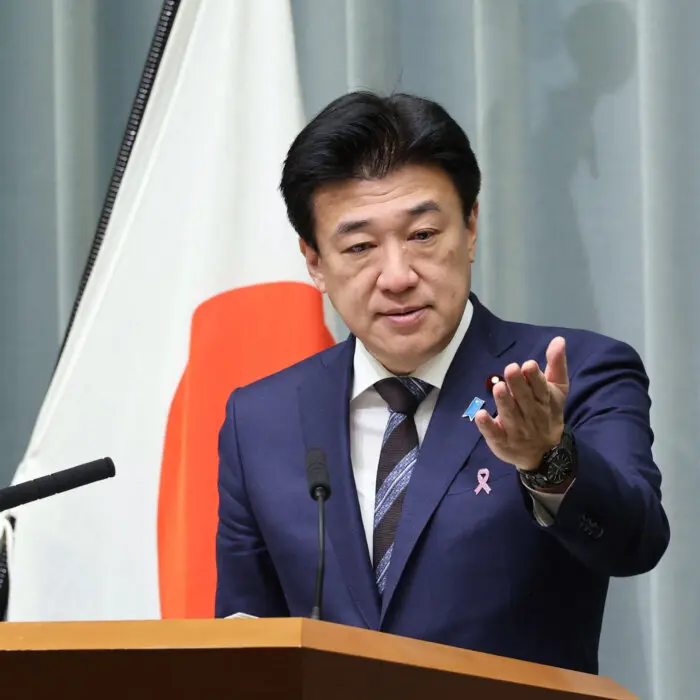Bob Fu, founder and president of ChinaAid, said the detainees were charged with “illegally using information networks,” which carries a prison sentence of up to three years.
On Oct. 9, police from China’s southern city of Beihai launched a multi-city campaign against members of the Beijing Zion Church. Within a few days, prominent pastor Mingri “Ezra” Jin, along with nearly 30 pastors, ministers, and other church members, were arrested from municipalities and provinces including Beijing, Shanghai, Zhejiang, Shandong, Guangdong, Guangxi, and Hainan.
According to ChinaAid, police also questioned the wife of a detainee on Nov. 13.
Under Chinese law, criminal suspects can be detained for a maximum of 37 days before they have to be formally arrested or released.
The Chinese edition of The Epoch Times previously reported that the detainees were held at Beihai City’s No. 1 and No. 2 detention centers, and four detainees were released on bail on Nov. 10.
Jin’s daughter, U.S. citizen Grace Jin Drexel, told Reuters that another five people had been released in October. She also said her father, 56, was able to meet his lawyer on Oct. 14, after the case started receiving foreign media attention. She previously told Reuters that her family was worried about the health of her father, who requires medication for diabetes, and the detainees’ access to lawyers.
“Their only ‘crime’ is preaching the Gospel of Jesus Christ, shepherding God’s flock, and refusing to turn Christ’s church into a propaganda tool of the Communist Party,” he said. “By turning pastors into political prisoners, the CCP is not only persecuting these individuals and their families—it is sending a warning to every independent church in China: Submit to Party control or face destruction.”
Fu also demanded the immediate release of the church leaders.
A graduate of the elite Peking University, Jin converted to Christianity after witnessing the 1989 Tiananmen Square Massacre, a spokesperson for the church said.
The church, with about 5,000 regular worshippers across nearly 50 cities, rapidly added members during the COVID-19 pandemic through Zoom sermons and small, in-person gatherings.
In September, the Chinese regime’s Religious Affairs Administration issued guidance on online conduct, banning non-state-sanctioned church workers from preaching online.







